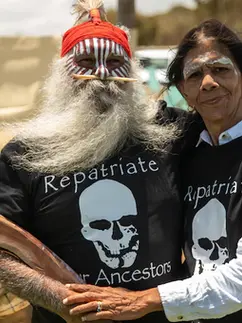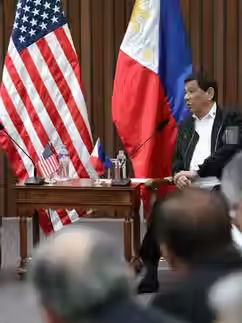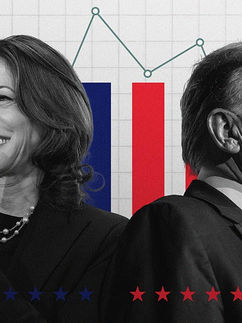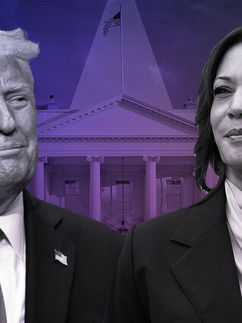The Commonwealth of Nations: A Forgotten But Vital Institution
- Young Diplomats Society
- Feb 9, 2016
- 3 min read

Brendan Tam
The Commonwealth of Nations is an institution that is popularly either ignored or derided as anachronistic and a continuing relic of the British Empire. Such criticism fails to recognise the rich history of the institution. The Commonwealth represents a third of the world’s population and acts as a unifying force in promoting representative democracy, the eradication of poverty and world peace. These are the primary objectives as outlined in the 1971 Singapore Declaration, through creating harmony between member states through such endeavours as the Commonwealth Games and through the biennial Commonwealth Heads of Government Meetings (CHOGM).
The Commonwealth plays an important role in providing smaller nations a voice on an international scale. The hosting of the biennial CHOGM in countries that generally do not host such international events reveals this aspect. The recent meeting held in Malta in November 2015 saw the voices of smaller Island nations dominate the meeting. Such events provide media attention and confer economic benefits on the smaller members of the Commonwealth who are often forgotten in international affairs. It is estimated by M&C Saatchi, an international advertising agency that was commissioned by the Maltese government to quantify the event in terms of media exposure that Malta received approximately 369,103,710 Euros of global media value from hosting the recent Commonwealth Heads of Government Meeting.[1] Such media attention and the added economic benefits derived from it would be much welcomed to an Island nation which recently experience recession and vital to attracting further foreign investment and tourism. The continued operation of the Commonwealth increases the prestige of nations and provides them with opportunities that they would struggle to find otherwise.
The Commonwealth serves as an institution which celebrates the commonalities of its members, namely the cultural and historic elements which tie them together. The Commonwealth is not simply an anachronistic organisation which is a leftover of Great Britain’s colonial past. It symbolises the continuation of the achievements of the British Empire in spreading such common traditions and principles such as representative democracy and individual liberty. The Commonwealth has a rich history of promoting and upholding representative democracy. The Commonwealth were amongst the forefront in ending apartheid in South Africa. The establishment of the Commonwealth Eminent Persons Group in 1985 led by Australian Prime Minister Malcolm Fraser proved a vital step in dismantling the regime. Similarly Fiji being suspended as a member reveals that the Commonwealth is one of the few international institutions which keep it members to account and avoids the hypocrisy of others such as the UN. As demonstrated by the laughable situation of Saudi Arabia currently chairing the UN Human Rights Council.
The recent CHOGM held in Malta in November 2015 reveals the continuing relevance of the Commonwealth in galvanising international action on a variety of global issues. Reaching a consensus on issues within the Commonwealth can act as a driver for other international actors to follow suit knowing that they have the support and cooperation of a diverse grouping of nations. The recent meeting saw a consensus reached amongst the Commonwealth Nations on action against climate change. A focused statement on climate change was created, revolving around assisting small island states, with many of them being Commonwealth nations, in tackling the impacts that the current changing climate change is having on such nations. Justin Trudeau vowing to commit Canada to $2.65 billion towards climate financing for developing countries over the next five years proved an integral driver to the agreement reached at the 21st Conference of the Parties (COP) in December 2015.[2] Similarly John Key, the Prime Minister of New Zealand, a key Commonwealth member, played an integral role at the COP in Paris to ensure that such an agreement was met. This reveals the driving force which that the Commonwealth and its leaders are on the international stage.
The importance of the Queen as a unifying figure and a global actor imbued with immense symbolism cannot be understated in maintaining the effectiveness of the Commonwealth. Respect for the Queen, along with a common British heritage are the two key factors which bind the fifty three countries of the Commonwealth together. In opening the recent summit, the Queen called for it to show leadership and praised its contribution to human development. The resolutions reached at the meeting prove that the Commonwealth of Nations promotes such leadership and has greater influence on the world stage than many may think.

















Comments